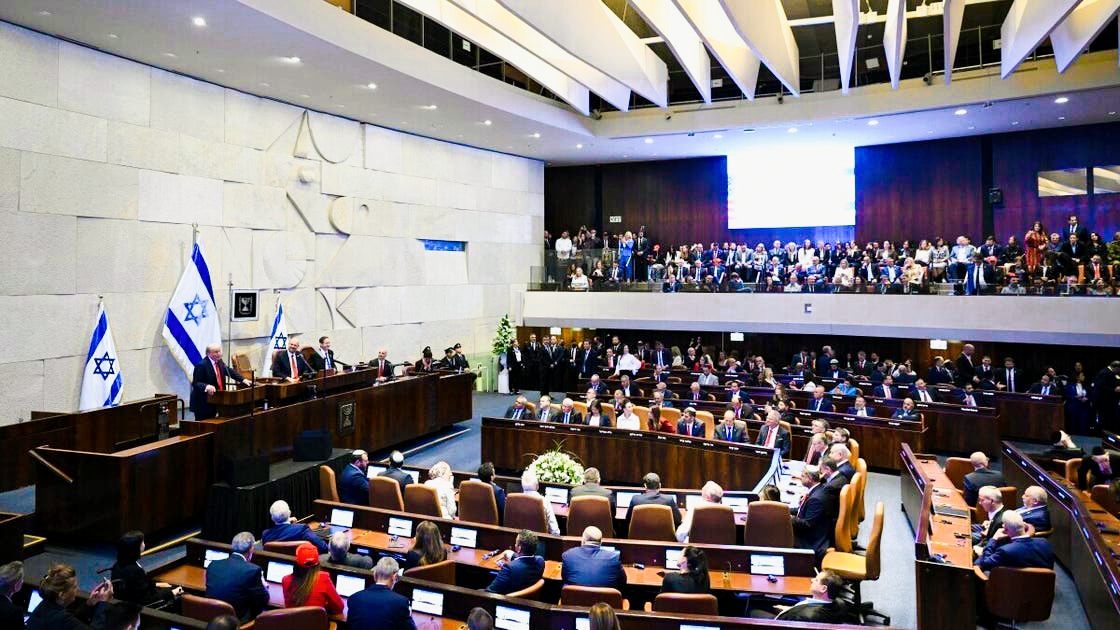Israel's Knesset Advances Controversial Death Penalty Bill for Terrorism

In a significant and contentious decision, the Israeli Knesset approved a bill on Monday that would permit the death penalty for individuals designated as "terrorists" by the government. This initial reading has sparked considerable debate both domestically and internationally.
According to the "Times of Israel," the bill received backing from Prime Minister Benjamin Netanyahu's administration and will require two further readings before becoming law.
The legislation specifies that the death penalty could be applied to those who "kill Israelis out of racist motives, aiming to harm the State of Israel and revive the Jewish people in their land," as reported by the newspaper.
However, critics argue that the language of the bill suggests it may disproportionately affect Arab individuals, while failing to address violent acts committed by Jewish extremists against Palestinians. Opponents have described the law as a means to institutionalize discrimination and politically target Palestinians in the occupied territories, as noted by the "Associated Press."
Previous efforts to legislate a death penalty for individuals labeled as "terrorists" have not succeeded in recent years.
Israel abolished the death penalty for murder in 1954, retaining it only for specific cases, such as crimes committed by Nazis or acts of treason during wartime.
The last execution in Israel took place in 1962, when Nazi leader Adolf Eichmann was executed, marking the only instance this penalty was carried out by a civilian court in the country.
Observers believe that the passage of this bill in its first reading signifies a symbolic win for the hardline right in Israel, amid escalating tensions in the Palestinian territories. However, there are warnings that its eventual approval could provoke significant international backlash and exacerbate divisions within Israeli society.
